The conference took place in the context of human development issues, especially the stature and physical strength of the young generation, being the top strategic concern of the country. (use this photo as thumbnail)
On the morning of August 14, in Hanoi, the Central Propaganda and Mass Mobilization Commission coordinated with the Ministry of Education and Training, the Ministry of Health , and Vietnam Television to organize an international scientific conference on school nutrition in 2025, For a healthy Vietnam - For Vietnamese stature.
The workshop brought together the world's leading experts in the field of school nutrition with the participation of many international organizations, ministries, sectors and businesses.
Completing the legal framework on school nutrition – the foundation for the stature and physical strength of the young generation
Speaking at the Workshop, Deputy Minister of Health Nguyen Tri Thuc pointed out that Vietnam needs a breakthrough solution for school nutrition: "We need a strategic push. And that breakthrough front is SCHOOL, because school age - especially the period from 2 to 12 years old is the "golden period" for comprehensive intervention in nutrition and exercise, creating lifelong changes" and Vietnam needs to "perfect institutions and policies - considering investment in nutrition as investment in development. It is time for us to need a comprehensive legal framework, strong enough policies to develop the stature and physical strength of the young generation."
Regarding this topic, domestic and international experts participating in the Workshop shared their opinions, scientific research, lessons learned and proposed solutions and recommendations for Vietnam on the issue of School Nutrition, in order to contribute to creating a breakthrough in the care of future generations.
The presentation of Prof. Dr. Tran Thanh Duong - Director of the National Institute of Nutrition (Ministry of Health) emphasized that Vietnam is still facing the reality of persistent malnutrition and inequality: The situation of stunting, micronutrient deficiency, overweight and obesity in children are prominent issues. From a professional perspective, the National Institute of Nutrition proposed synchronous solutions to the nutritional problem, emphasizing the content of school meals: Affirming the need to issue standards for school meals, research and advise on legalizing nutrition regulations, ensuring that school meals operate according to the set goals, based on the results of scientific cross-sectional research from the "Model of school meals ensuring proper nutrition combined with increased physical activity for Vietnamese children, pupils and students".
Professor, Dr. Tran Thanh Duong affirmed that it is necessary to research and advise on legalizing regulations on nutrition.
The speech of National Assembly Delegate Nguyen Thi Mai Thoa - Member of the National Assembly's Culture and Social Affairs Committee pointed out "gaps" in legal documents directly regulating school nutrition. "Up to now, there has been no comprehensive document regulating school nutrition to ensure that this work is implemented comprehensively, synchronously and effectively. Some important tasks such as developing a unified set of school nutrition standards have not been issued, leading to a lack of a solid legal basis for organization and monitoring implementation" - Ms. Thoa shared.
The presentation of the Ministry of Education and Training sent to the Workshop received special attention, because of its tight structure, along with useful information, closely related to the main content of the Workshop. From an overview of the current situation, it mentioned the limitations and difficulties, analyzed the achieved results, and then proposed solutions. The report of the Ministry of Education and Training spent a lot of time sharing the results from the "Model of school meals ensuring proper nutrition combined with increasing physical activities for children, pupils and students in Vietnam".
This is a Model implemented by the Ministry of Education and Training in coordination with the Ministry of Health, the Ministry of Science and Technology, the Ministry of Culture, Sports and Tourism, with the participation of domestic and international experts and scientists, and the companionship of TH Group. The pilot model is deployed in 10 provinces and cities, belonging to 5 major ecological regions of the country; it is considered a "comprehensive, revolutionary solution" and "the most successful experimental model" with specific results considered a combination of solid scientific and practical evidence. From the successes of the pilot model, the Ministry of Education and Training issued Decision No. 3000/QD-BGDDT dated September 28, 2021, approving the School Meal Model and guidance documents for localities to deploy and replicate. The project to digitize data of 400 meal menus built according to nutritional standards and local characteristics is being implemented by the Ministry of Education and Training, helping schools easily look up, apply and adjust accordingly. The paper sent to the Workshop of the Ministry of Education also emphasized: "Proposing to legalize regulations on school nutrition. Directing research and proposing to develop a Law on Nutrition/School Nutrition"
At the workshop, Deputy Minister of Education and Training Le Tan Dung continued to affirm that "The School Nutrition Law is mature".
Speaking on the topic "School Nutrition in Vietnam: Current Situation, Challenges and Solutions", Dr. Le Thai Ha, Deputy Director of the Department of Disease Prevention, Ministry of Health, said that a number of regulations related to school nutrition will change from "recommendation" to "mandatory" when included in the Law on Disease Prevention, specifically stipulating the responsibility for implementing school health work for students under the management of educational institutions to ensure that students receive comprehensive health care, both physically and mentally. The Ministry of Health is working hard to complete the draft law and report to the Government for submission to the National Assembly for consideration.
Thus, the contents on school nutrition in the Law on Disease Prevention will be the first bricks towards a comprehensive law on school nutrition, mobilizing the participation of the entire system, becoming an effective legal tool, bringing school nutrition into order and standards nationwide.
Legalizing School Nutrition: A Global Trend
Looking at the world, the presentations of leading international experts at the Workshop provided multi-dimensional lessons from countries that have succeeded in legalizing and implementing school nutrition.
Professor Nakamura Teiji, President of the Japan Nutrition Society, brought to the workshop a very convincing answer to the question: Why has Japan been successful in improving diet and nutrition? There are two main reasons. First, Japan considers nutrition an urgent challenge and implements separate national policies to solve it. Nutrition is separated from health policy and food policy, forming an independent nutrition policy with a clear legal and regulatory system. Next, Japan focuses on training a team of professionals, nutritionists, with the capacity to play a core role in implementing nutrition improvement policies. He also said that the Japanese National Assembly is currently discussing the complete exemption of school lunch fees. This shows that there is a national consensus that school lunches should be maintained with the state budget.
Professor Nakamura Teiji shares Japan's experience in improving people's diet and nutrition
Hailing from the UK, Professor Vimal Karani brings a fresh perspective on the role of milk and dairy products in optimizing nutrition based on individual genetics.
Dr. Philipp Rösler, former Vice Chancellor and Minister of Health of Germany, shared successful experiences from the German Nutrition Standards (DGE) and the EU School Milk - Vegetables - Fruits program, recommending that Vietnam should replicate successful pilot models and at the same time develop its own set of national nutrition standards.
Dr. Zhuifeng Guo shared China's drastic experience in implementing school nutrition policies. He asserted: "When the law changes school meals from "optional" to "mandatory", it not only changes the height and weight of children, but also sets a fair standard and develops the potential of society."
Experts agree: "If Vietnam closely combines the four pillars: law - finance - supervision - education, the school nutrition policy will certainly be more sustainable, contributing to maximizing the potential of the country's human resources."
The United Nations Children's Organization (UNICEF) sent a paper to the Workshop, with the theme "On the role of nutrition for human health and stature; policies and good models, effective practices on school nutrition in countries around the world", in which, emphasizing the role of nutrition for children in schools, combined with introducing many school meal models that have been successfully implemented in many countries around the world (France, Denmark, India, Thailand ...), the paper emphasized "Legalizing school nutrition is a global trend".
From the perspective of a business that initiated and accompanied the Government and ministries to implement the National School Nutrition Program, Labor Hero Thai Huong, Founder of TH Group expressed: “With the sincere wishes from the heart of a mother, I hope that all of us, in our own positions, will treat today's children with the heart of a mother, and contribute to promoting the gift of a School Meal, a shield, a strong fortress, which is a law: called the School Nutrition Law, including a glass of milk called the National School Milk Cup. The opportunity has come, the strategic vision has come from the call, the will of the leader, in harmony with the aspirations of the people. Let each school meal, each glass of clean fresh milk not only nourish the body, but also ignite the aspirations and will to rise of the Vietnamese people”. Labor Hero Thai Huong affirmed that, together with other legitimate businesses, TH Group continues to be ready to join the Party and State in taking care of people's health.
Labor Hero Thai Huong - Founder of TH Group expressed her willingness to join the Party and State in taking care of people's health.
Concluding and directing the Workshop, Politburo member, Party Central Committee Secretary, Head of the Central Propaganda and Mass Mobilization Commission Nguyen Trong Nghia emphasized the need to synchronously perfect the institutions on protecting, caring for, improving people's health, promoting innovation and creating development in education and training. "I strongly agree with your opinions, we are moving towards a higher legal system related to this field because people are the most valuable asset, the decisive factor, so we must also have a high-level legal mechanism to protect people's health, especially the young generation."
Head of the Central Propaganda and Mass Mobilization Commission Nguyen Trong Nghia delivered a concluding speech at the Workshop.
Mr. Nguyen Trong Nghia highly appreciated the opinions and recommendations at the workshop, saying that this is an important basis for relevant ministries, departments and branches to advise and develop policies related to this field: "Focus on researching, advising, building and perfecting a comprehensive policy framework on nutrition, contributing to the successful implementation of the Party and State's policies and guidelines on health care, human resource development, and improving the quality of life of the people, especially the young generation". - Head of the Central Propaganda and Education Commission assigned tasks to ministries and branches./.
Vietnam.vn



![[Photo] President Luong Cuong attends special political-artistic television show "Golden Opportunity"](https://vstatic.vietnam.vn/vietnam/resource/IMAGE/2025/8/22/44ca13c28fa7476796f9aa3618ff74c4)
![[Photo] President Luong Cuong receives delegation of the Youth Committee of the Liberal Democratic Party of Japan](https://vstatic.vietnam.vn/vietnam/resource/IMAGE/2025/8/22/2632d7f5cf4f4a8e90ce5f5e1989194a)


![[Photo] Prime Minister Pham Minh Chinh chairs the conference to review the 2024-2025 school year and deploy tasks for the 2025-2026 school year.](https://vstatic.vietnam.vn/vietnam/resource/IMAGE/2025/8/22/2ca5ed79ce6a46a1ac7706a42cefafae)




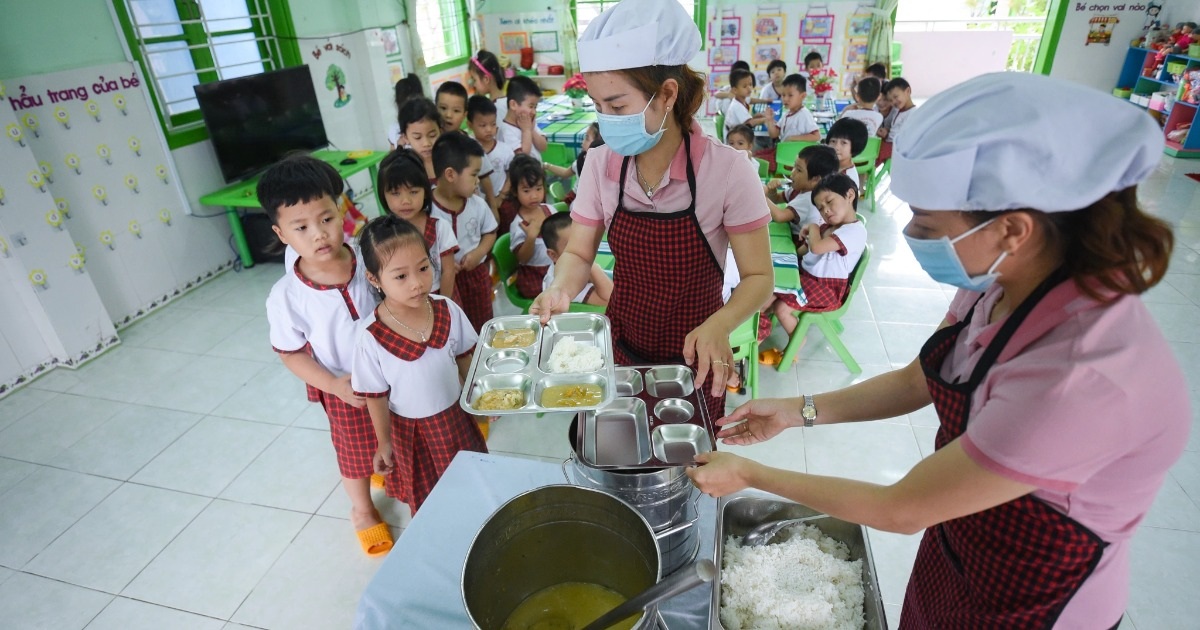



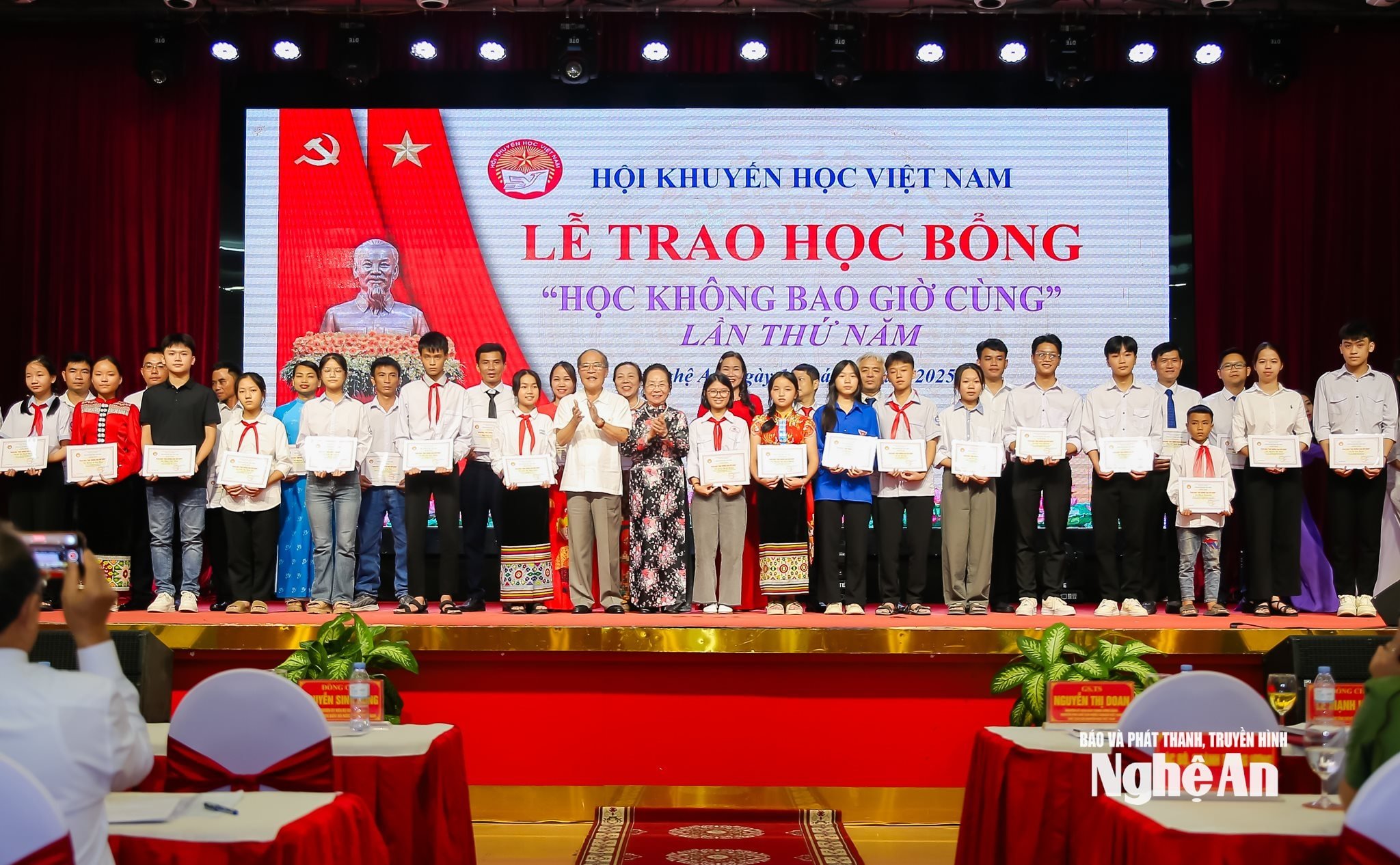

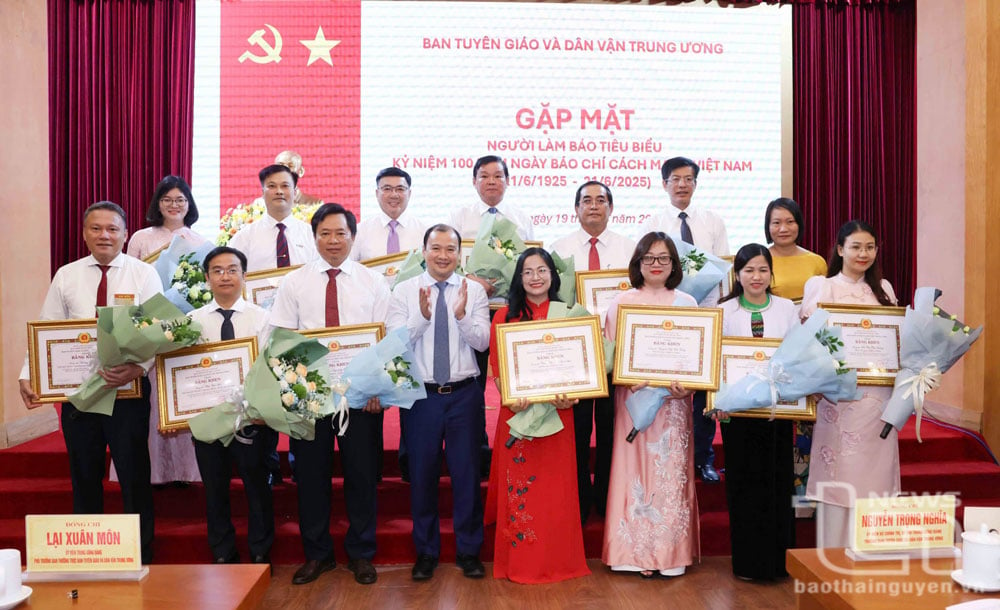








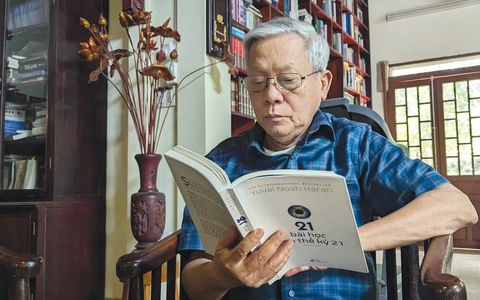
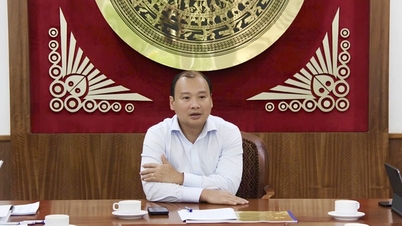






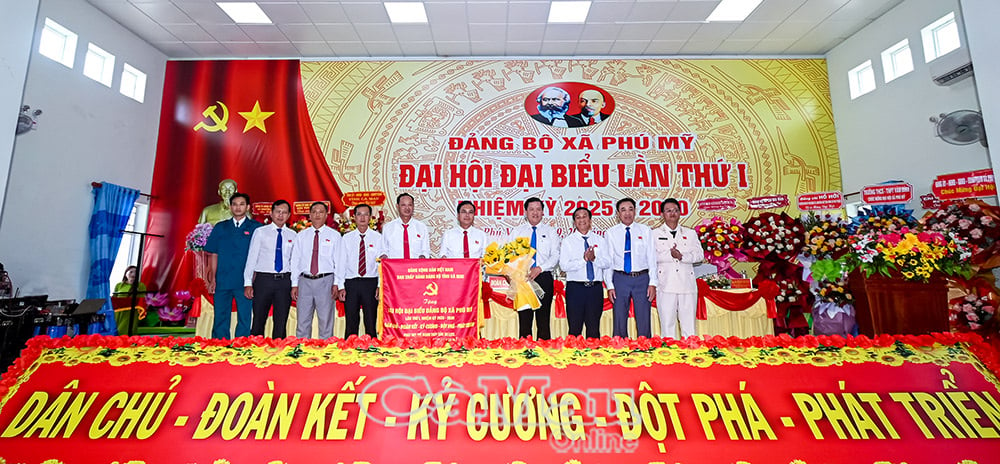
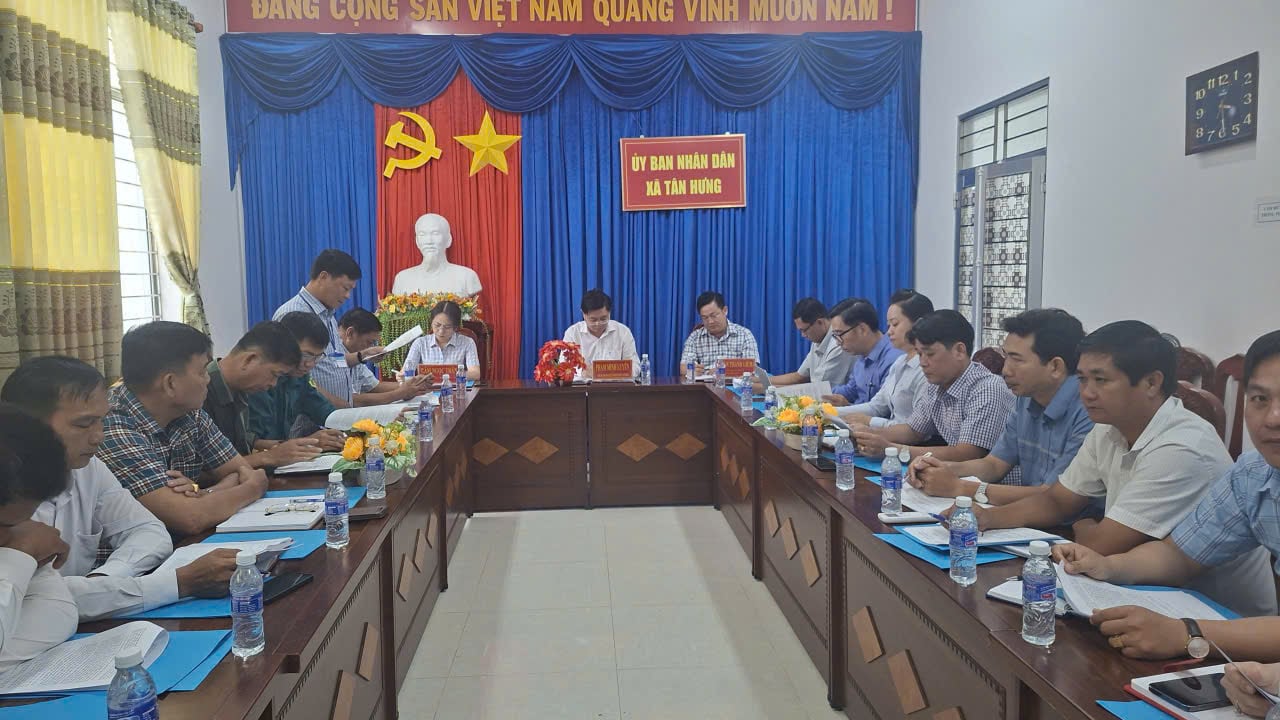
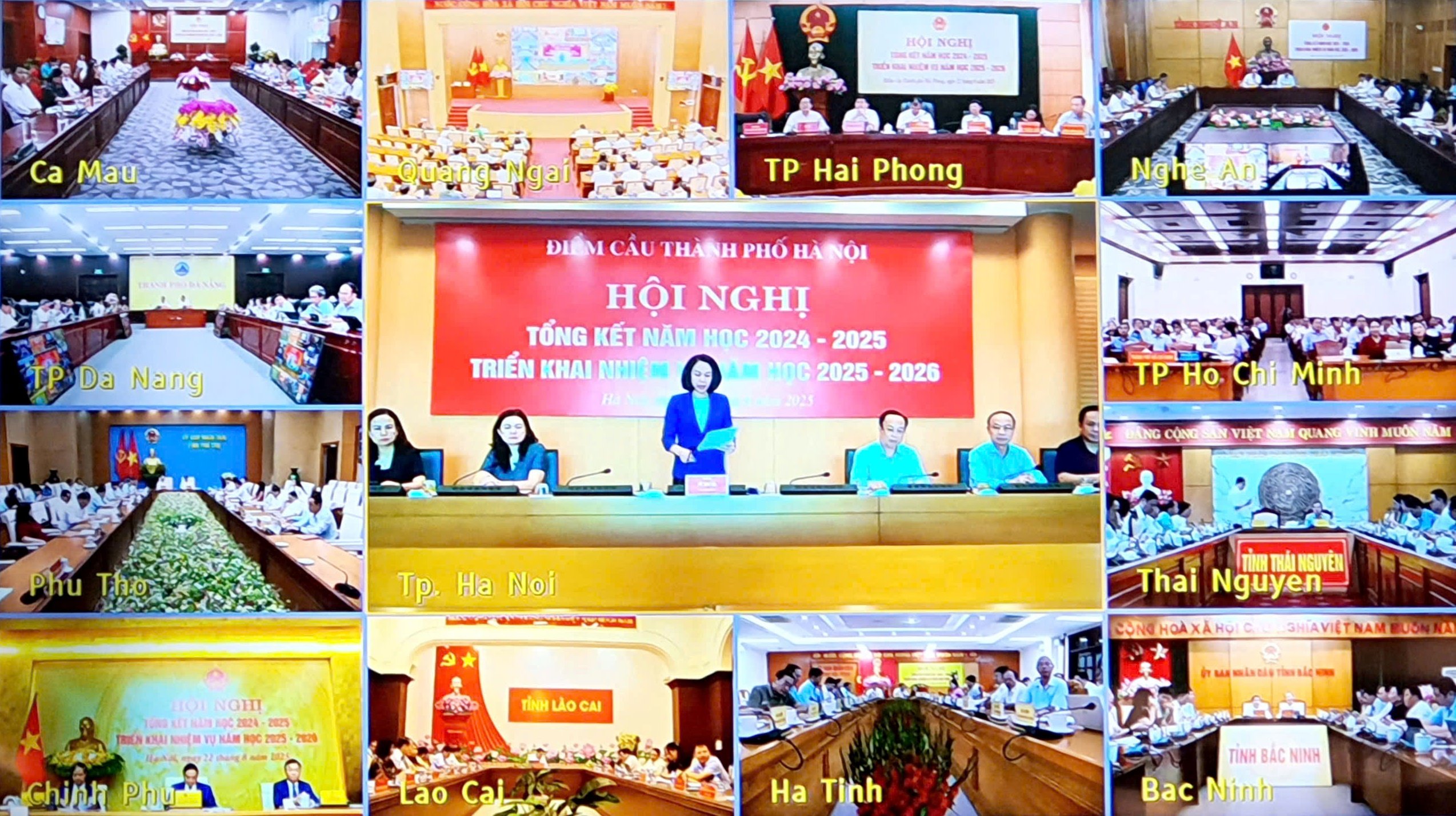
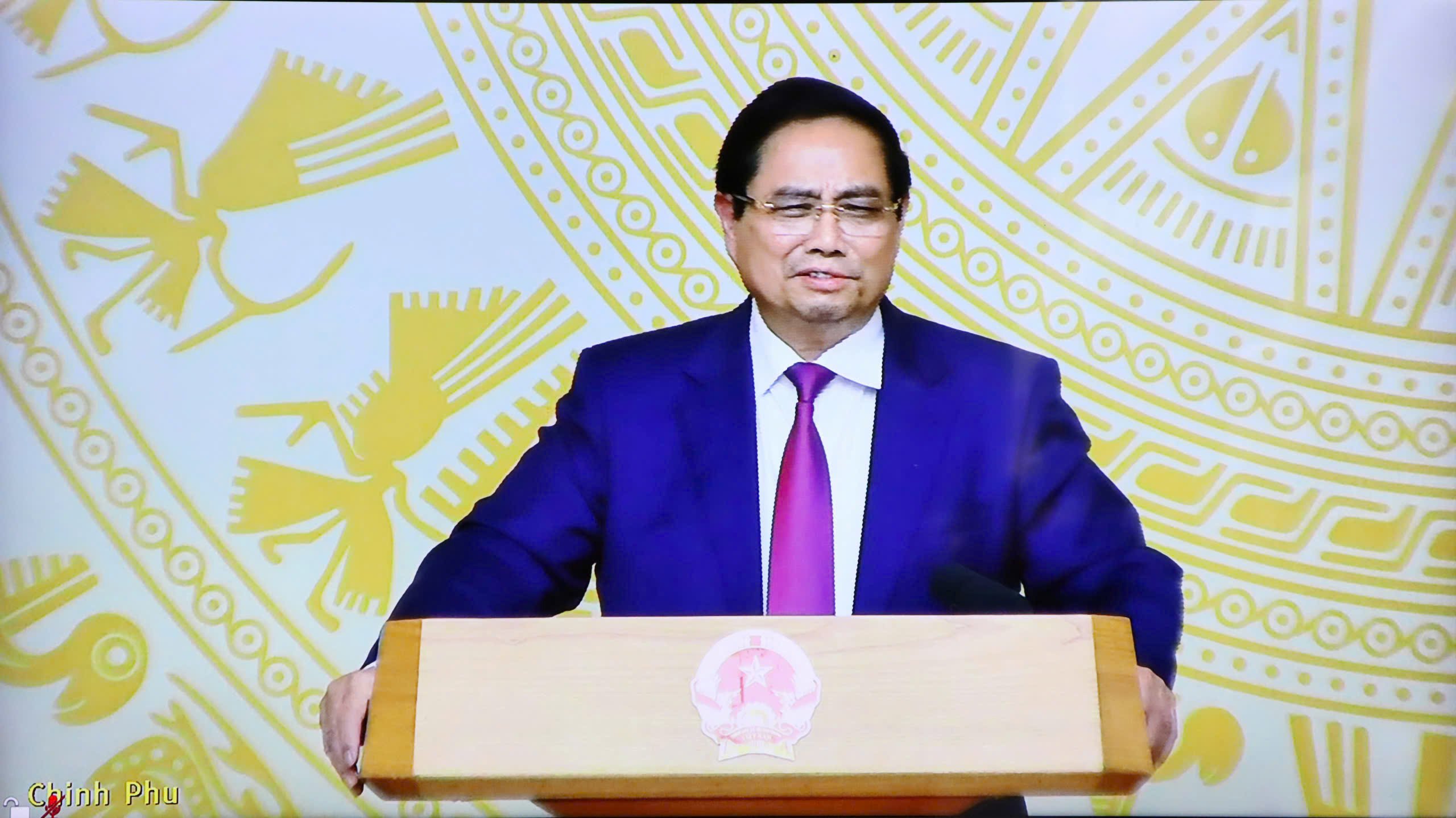
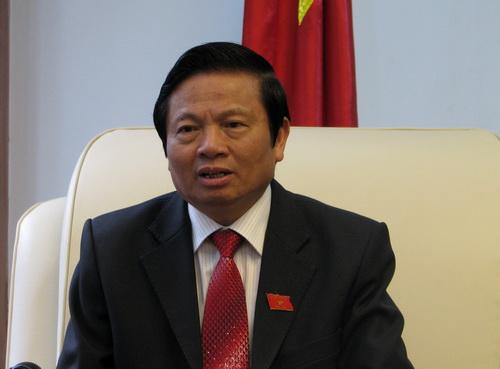





























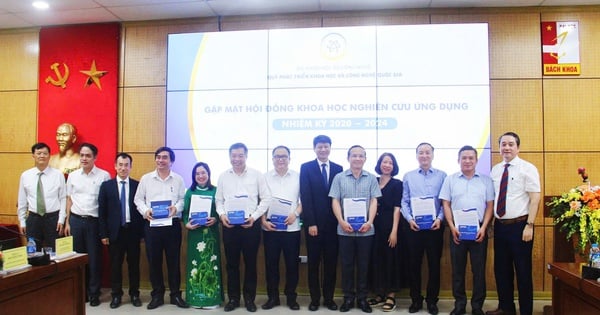










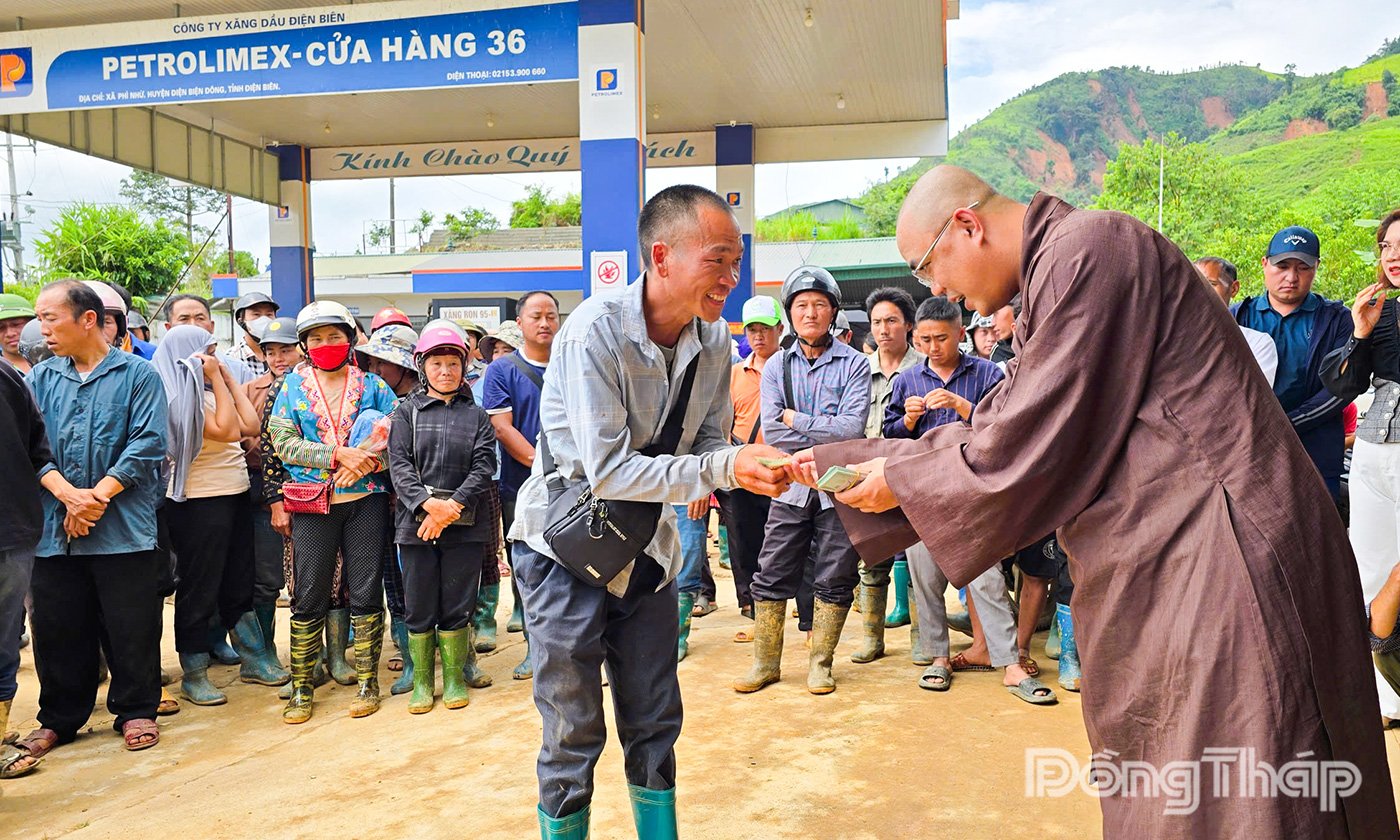




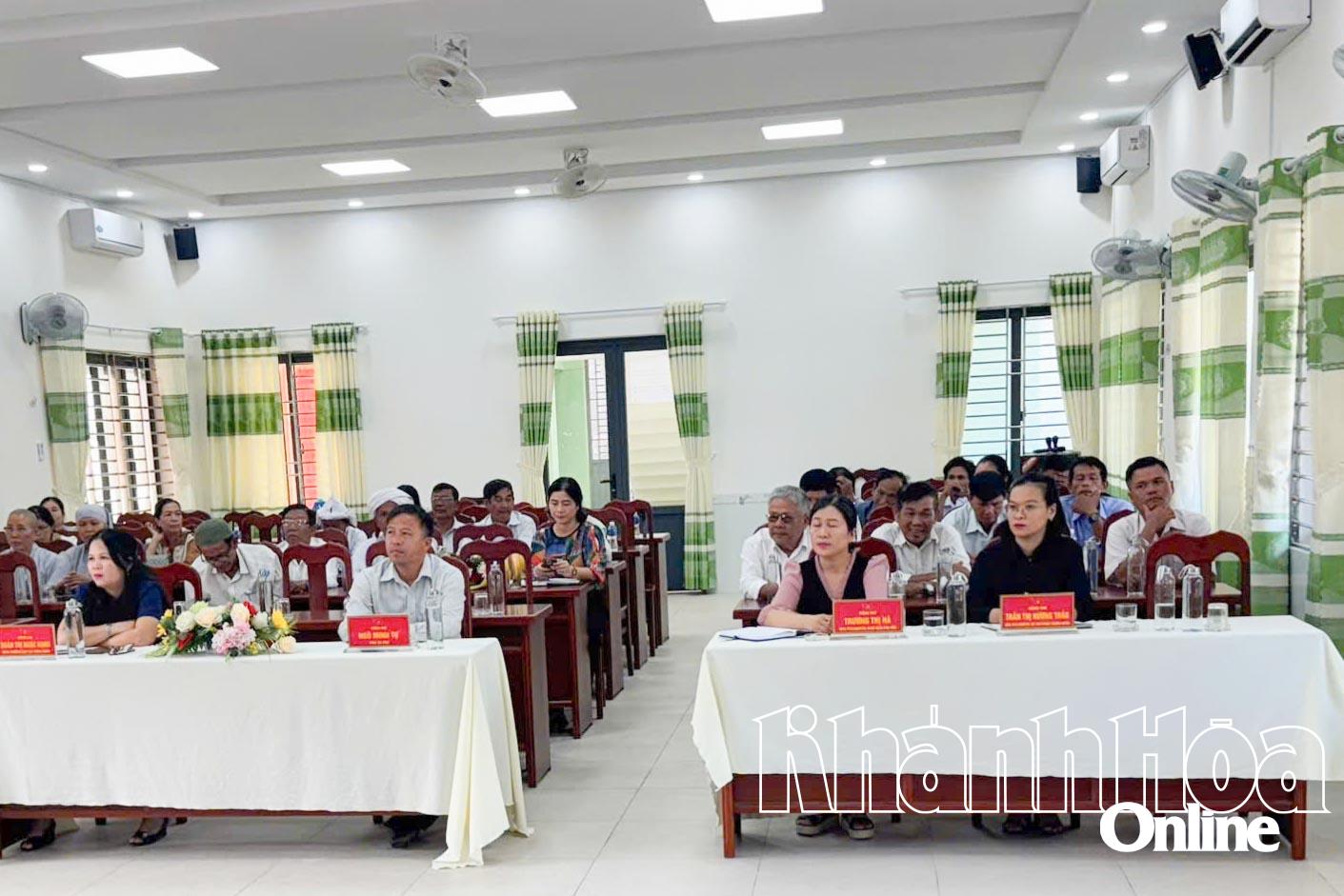
















Comment (0)